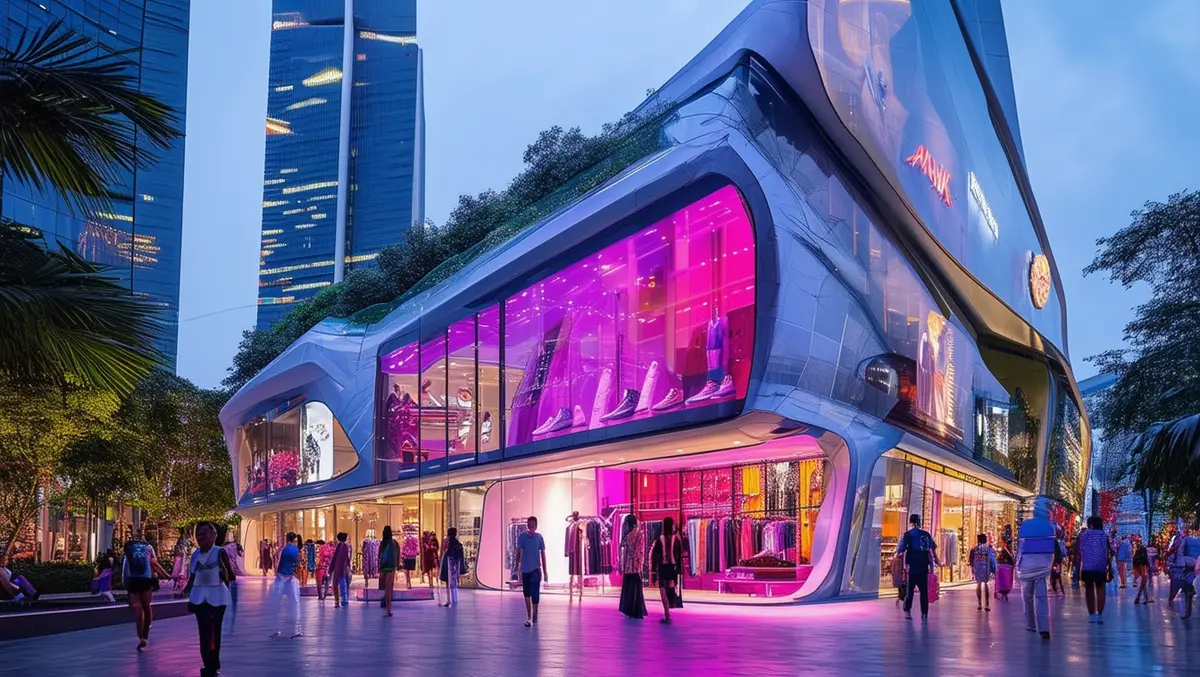
Unified Commerce Benchmark study highlights retail leaders in Singapore
Manhattan Associates has announced the findings of the first Unified Commerce Benchmark for Specialty Retail in Singapore, in conjunction with Google Cloud and Zebra Technologies. These findings were presented during the NRF Retail's Big Show APAC. The project is one of four real-world analyses by Manhattan Associates across the APAC region, with similar studies being conducted in Australia, New Zealand, and Japan.
The benchmark study, carried out by Incisiv through actual shopping transactions, evaluated four retail verticals: apparel and footwear, home and DIY, department stores, and luxury. It assessed 33 specialty retailers, examining over 290 customer experience capabilities in categories such as search and discovery, cart and checkout, promising and fulfilment, and service and support.
Key findings from the analysis revealed common attributes of successful retailers and highlighted opportunities for improvement. Among the 33 retailers benchmarked, five brands emerged as overall leaders in Unified Commerce: Nike, Adidas, Dior, UNIQLO, and Charles & Keith.
For the search and discovery category, personalisation and real-time inventory visibility were crucial. Sixty percent of shoppers indicated a likelihood of making repeat purchases after a personalised shopping experience. Adidas was noted for providing real-time inventory statistics on the Product Detail Page (PDP) and offering product recommendations based on past purchases.
In the cart and checkout category, 43% of shoppers preferred swift and convenient checkout options while shopping online. The majority of cart abandonment was attributed to suboptimal shopper experiences at checkout, presenting a significant revenue opportunity for retailers. Nike was highlighted for its single-step checkout, which pre-fills shipping details and simplifies payment processes, thereby reducing friction at the point of conversion.
Regarding promising and fulfilment, 33% of consumers showed a preference for reusable packaging options. Such packaging allowed consumers to participate in eco-friendly initiatives, reducing their carbon footprint. Dior was recognised for allowing shoppers to select eco-friendly packaging options and for highlighting the environmental impact of their choices.
In the service and support category, 66% of shoppers favoured messaging for communication and support. Live chat and social media channels were identified as effective means for retailers to engage with shoppers in real-time. Hermes was commended for offering live chat and WhatsApp support, providing a seamless support experience.
Richard Wright, Managing Director, South East Asia at Manhattan Associates, commented on the findings: "In Singapore's fast-paced retail market, continuous innovation is essential. With 74% of consumers valuing AI-driven recommendations, retailers must continue to evolve and innovate with AI for personalised experiences just like we are doing with Manhattan Active Maven."
Wright further added, "Today, digital payment adoption has reached 87% and over the next 12 months RFID technology will continue to streamline inventory management, as eCommerce sales in Singapore grow at a CAGR of 8.9%. All this technology and consumer momentum highlights the importance of enabling and offering seamless transactions to consumers and underlines the significance of developing and delivering a fully functioning unified commerce strategy."
Paul Tepfenhart, Global Director Retail and Consumer Strategy at Google Cloud, remarked on the promise of Unified Commerce: "Unified Commerce holds great promise for retailers and the key to it lies in not only seamlessly joining digital and in-person experiences, but also linking all the data and systems that enable them too. This latest benchmark provides retailers with a data-based roadmap to deliver a unified commerce strategy."
Amarjot Mokha, Chief Operating Officer at Incisiv, concluded: "Retailers must continually innovate and adapt if they are to keep pace with shifting consumer trends. Retailers embracing a unified commerce approach are able to go beyond simply selling products, to a place where they can craft experiences that deliver up to 3X higher revenue opportunities, in the process, creating the type of brand connection and customer loyalty every retailer covets."


